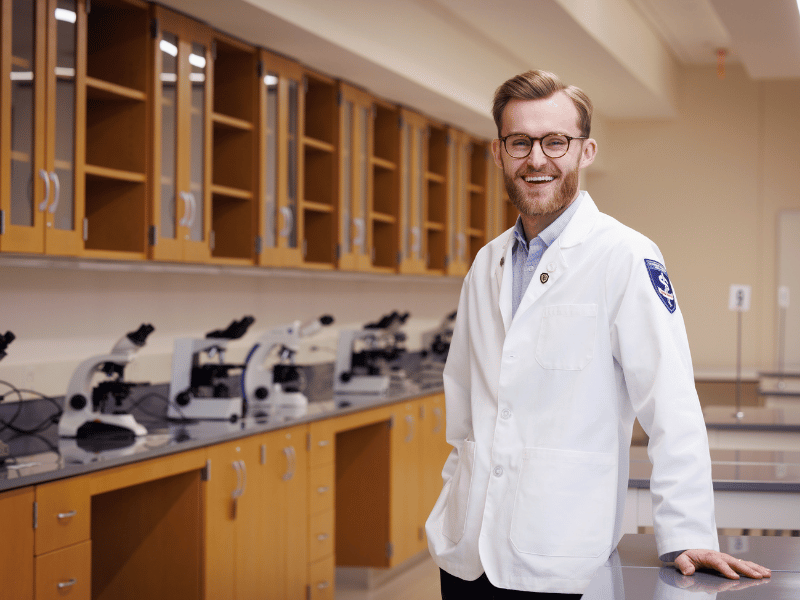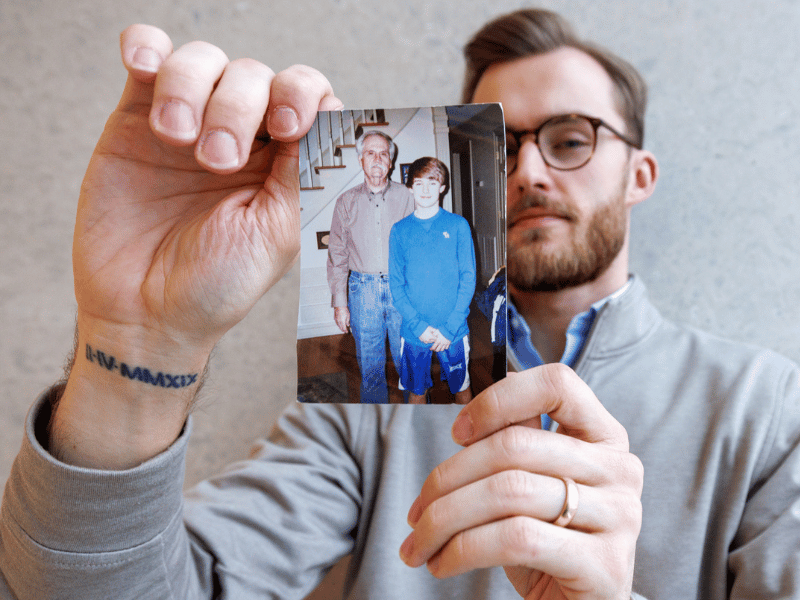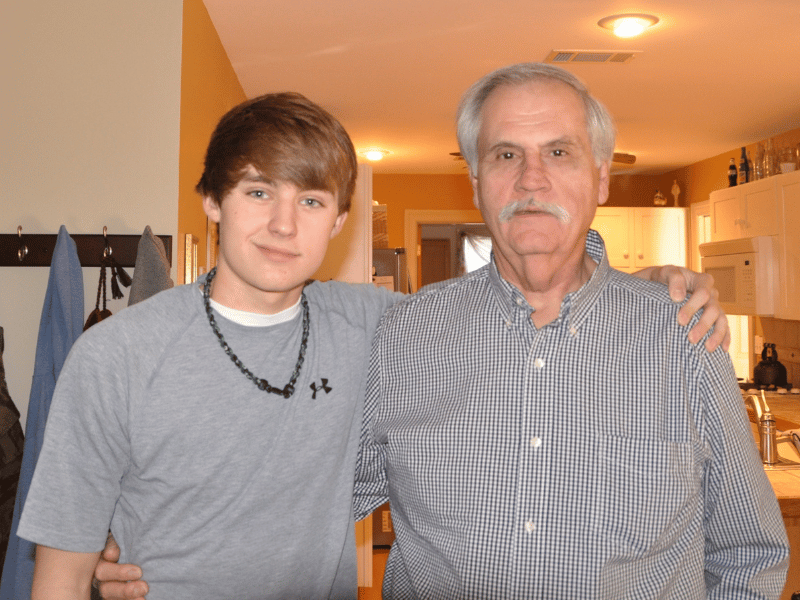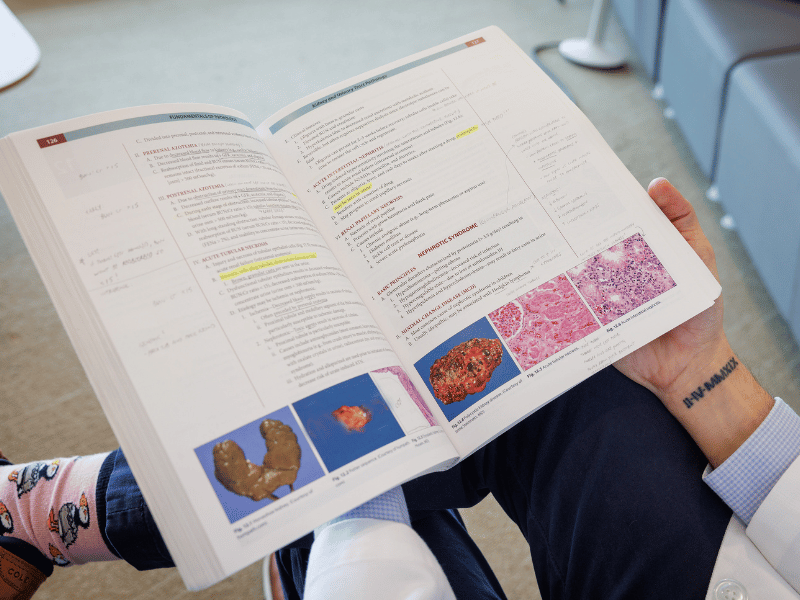Front and Center: Thomas Moore

Thomas Moore’s grandfather had wanted to be doctor but fainted at the sight of blood.
Near the end of his life, though, he learned a good deal about medicine — especially about brain cancer, which is what he had.
As for Thomas Moore himself, he knew exactly what he wanted to be: a farmer, like his grandfather; or a chef; or a nurse; or a law enforcement officer; or a baseball player.
He attended several different colleges before he thought about going to medical school — at a professor’s urging and to his grandfather’s delight.
“I told my grandfather I was considering it,” Moore said. “That was about a week before he died.”

Thomas Moore, whose first name is actually Walter, grew up in Alpine in Union County, near New Albany and Tupelo. After graduating from East Union High School, he attended Northeast Community College in Booneville; Blue Mountain College near his hometown; Mississippi University for Women in Columbus (The W); East Mississippi Community College in Scooba; and Mississippi State University in Starkville.
He had gone to college mainly because he wanted to play baseball, which he did as a left-handed outfielder for Blue Mountain, until he had trouble hitting and catching the ball.
“I couldn’t do anything on the field anymore,” he said. “I thought I had just gotten bad at baseball. Later, I finally realized I just needed glasses. It worked out, though. I left Blue Mountain and went to State and met my wife there.”
In 2021, he married Rachel Broom, now a seventh-grade English teacher in Brandon, where they live. The following year, he arrived at the University of Mississippi Medical Center and started medical school.
“My ethics professor at the W had truly challenged me to choose medicine,” Moore said. “Eventually, I also understood that I am a critical thinker.”

Putting those thinking skills to work, he had already abandoned the idea of going into the military or law enforcement. He didn’t like being told what to do. “And I realized the military life wasn’t conducive to a family life,” he said. “But I needed another way to serve our country.”
With that in mind, Moore had gone to The W intending to study nursing. “But my professor met with me and we talked and talked about medicine,” he said. Moore also talked about it with God: “I prayed,” he said. He pondered serving others as a physician instead. That was the year doctors told his grandfather he had glioblastoma multiforme.
“From the moment he got his diagnosis, throughout multiple surgeries and his hospitalization, I never heard a single negative thing from my grandfather’s mouth,” Moore said.
Farming was his grandfather’s love and life; that, and his abundant garden, had captured Moore’s imagination and stomach, and were among the reasons he had once considered culinary school.
“We didn’t go to the Piggly Wiggly for ingredients; we brought them straight to the kitchen from my grandfather’s garden,” Moore said. “He had strawberries, tomatoes, okra, squash, blueberries.” But, soon, cancer kept him from doing, and growing, the things he loved.

One day, in his grandfather’s hospital room, Moore told him he might become a doctor. “My grandfather, who had wanted to be a doctor, but couldn’t, looked at me and told me that I would have made his own father proud.
“When he said that, I thought, ‘Yeah, this is it. This will be my life.’ That moment is what gets me through medical school.” That and the tattoo.
On Moore’s wrist, where he can easily see it, is a date tattooed in Roman numerals: II-IV-MMXIX. There are days in medical school when he looks at it often. Feb. 4, 2019 was the day his grandfather died.
“He couldn’t ever know if I would actually commit to medical school; I was still in college when he died,” Moore said. “But he seemed confident that I would. And here I sit. So, he was right, as he usually was.
“The tattoo is a great reminder of why I’m here. He was one of my best friends.”
His name was Walter Moore II. Before him were Walter H. Moore and Walter E. Moore. After him came Walter H. Moore III, his son; and Walter Thomas Moore, his grandson: “The fifth Walter in my family.
“I hope to have a son one day and call him No. 6.”


